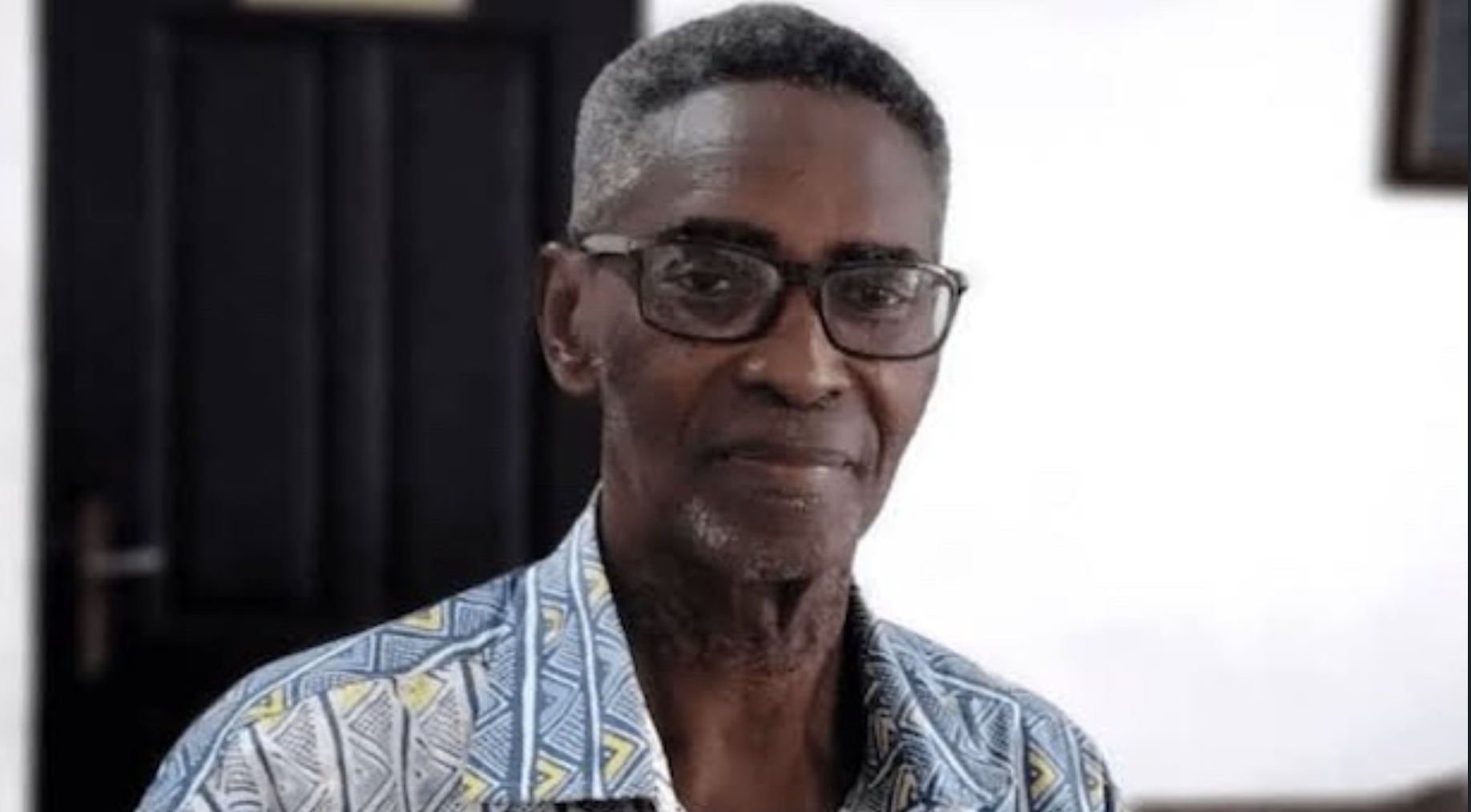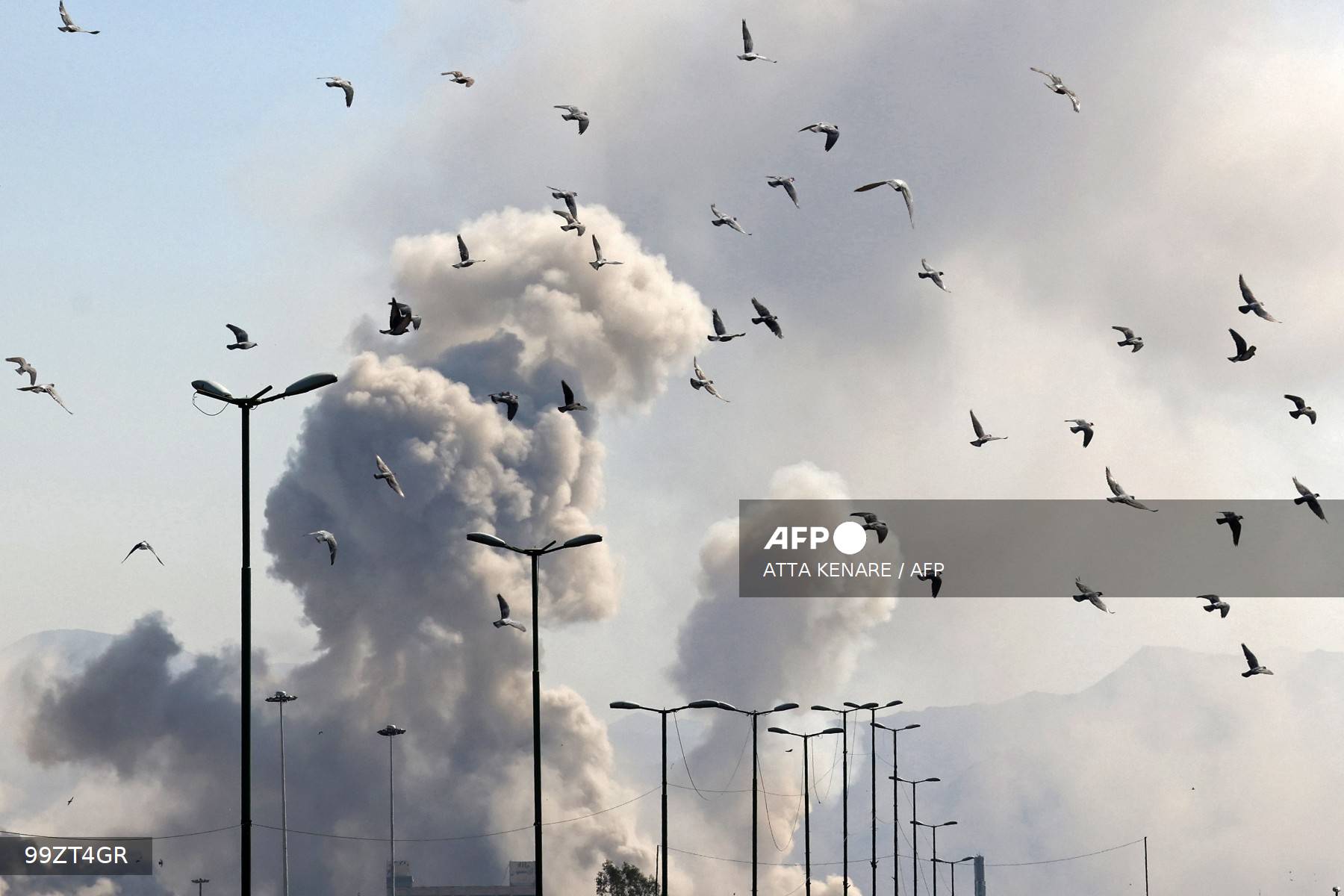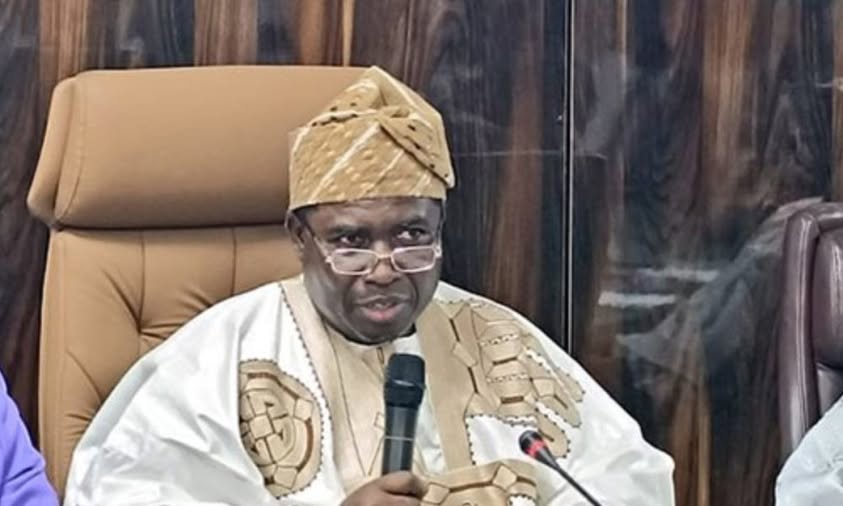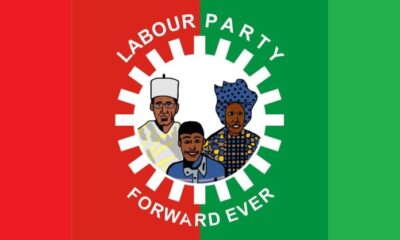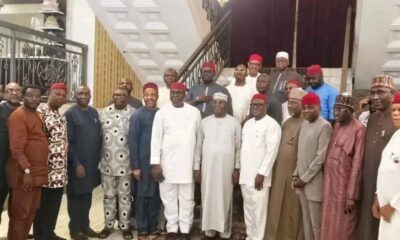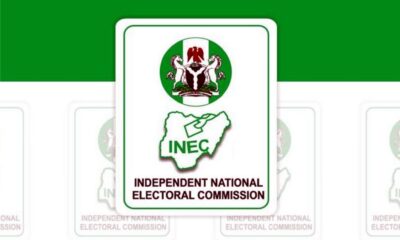Africa hosts military bases within reach of Iranian missiles and is feeling the impact of rising oil prices and threats to shipping, as the continent again suffers from events largely beyond its control.
The continent is “structurally exposed” to the Middle East war, said Hubert Kinkoh, senior researcher at the CARPO think tank.
“Energy imports, foreign military bases, and its proximity to maritime chokepoints mean the war’s effects reach African shores quickly.”
– Targets –
The Horn of Africa includes possible targets for Iranian strikes, notably the 4,000 US military personnel at Camp Lemonnier in Djibouti.
It lies less than 100 miles (160 kilometres) from Yemen, where Houthi rebels have an arsenal of ballistic and anti-ship missiles and drones, courtesy of Iran.
The Houthis have not engaged in the conflict despite vowing to do so, but have previously caused major trade disruption with attacks on Red Sea shipping during the Israel-Hamas war.
Somaliland, just south of Djibouti, could also be a target as it hosts a major port and military base at Berbera run by another Iranian enemy, the United Arab Emirates.
Israel recently became the only country to recognise Somaliland’s independence from Somalia, and a Western diplomat told AFP that it may already have troops in Somaliland.
“Berbera is not a confirmed target, but its location (near the southern entrance to the Red Sea) leaves it vulnerable, particularly as Iran‑aligned groups widen the range of facilities they view as linked to US or allied operations,” said Kinkoh.
– Economic impact –
Economically, the war is terrible timing for Africa, just as a weaker dollar and lower interest rates offered some breathing space for its many deeply indebted nations.
The war is disrupting global trade, diverting ships from the Suez Canal to the pricier route around the Cape, and hiking prices across the board, including for energy and food.
An oil producer like Nigeria might have benefited, but it locked in low prices for its exports in long-term contracts and remains a net importer of refined fuel because of its limited refining capacity.
Pump prices in Nigeria were up around 14 per cent this week.
Nigerian think tank SBM Intelligence said the new crisis has exposed its government’s “wait-and-see” approach to international affairs, which leaves its “economic interests subject to forces beyond our control” — a criticism that could be levelled at many on the continent.
African economies also rely on remittances from the hundreds of thousands of migrant workers in the Gulf that are now threatened. Previous crises in the Middle East have revealed the near-total lack of evacuation planning or even emergency hotlines for them.
– Diplomatic fallout –
While some African countries have done too little, others are accused of over-reach.
South Africa is perhaps the most exposed diplomatically, having already riled the United States with its opposition to Israel, and hosted Iranian warships for naval exercises in January — even if the government has since disavowed its involvement and said the military acted against presidential orders.
“South Africa will want to reinforce the signalling to the world that it is a non-aligned neutral actor. That is a message it’s going to really struggle to sell, given that Iran was so active in the exercise,” said Timothy Walker, of the Institute for Security Studies.
William Gumede, professor of public management at the University of Witwatersrand, said South Africa’s geopolitical posturing was ill-advised and could now trigger US sanctions against members of the government.
“Our economy is so vulnerable… We do not have a luxury to try to grandstand globally,” he said.
– Geopolitics –
In the longer term, the war is bound to play into the shifting geopolitics of the region, which have seen Turkey, Saudi Arabia, the United Arab Emirates and others expand their reach into Africa — building ports and infrastructure, supplying drones, establishing military bases and drilling for oil, especially in East Africa.
Gulf powers have been accused of fomenting conflict in places like Sudan, Ethiopia and Somalia, and so some hope the new war may have positive consequences.
“A UAE forced to concentrate on defending its own airspace and territory may reduce its footprint in African conflicts, creating space for African-led peace processes to function more effectively,” said SBM Intelligence.
AFP

